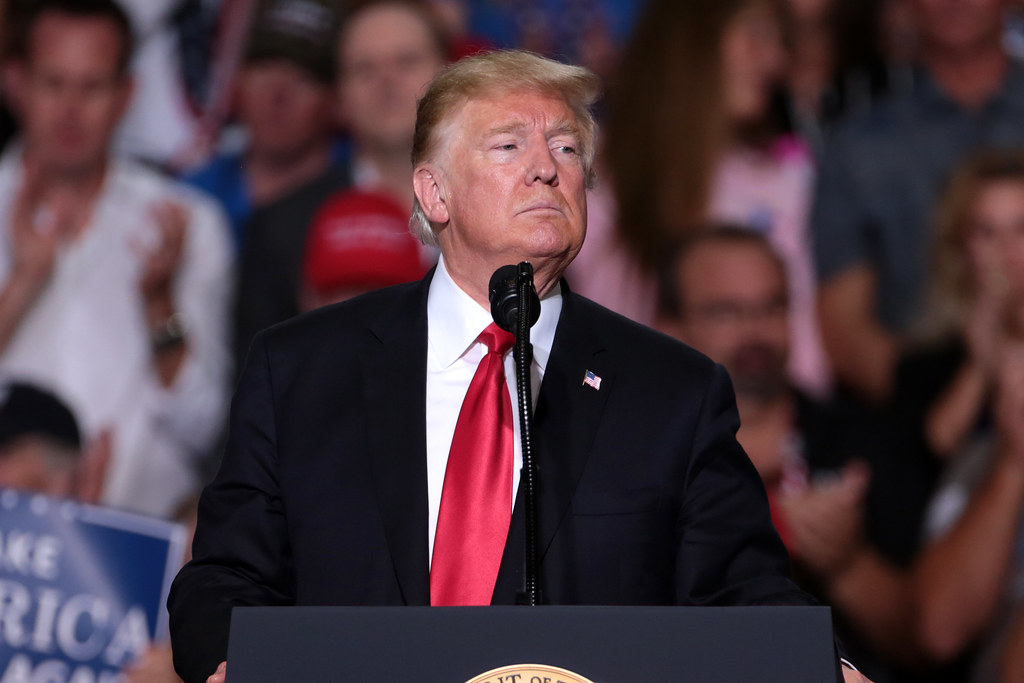
President-elect Donald Trump is assembling an administration filled with billionaires and industry magnates, a move that brings considerable business acumen but also a host of potential conflicts of interest. This trend is not only about the wealth these individuals bring but also the deep entanglements with government contracts and industries they control.
Among the notable names, Elon Musk captures the most headlines; however, the circle of wealthy influencers in Trump’s orbit extends beyond him. Each brings a network of business dealings that could complicate their public responsibilities. For instance, Stephen Feinberg, a private equity billionaire appointed as the deputy director of defense, owns Cerberus Capital Management, which has substantial investments in defense contractors. This connection is particularly concerning given his role involves oversight of the Pentagon’s vast budget.
Earlier this year, Cerberus expanded its defense portfolio by acquiring a majority stake in M1 Support Services, which recently secured over $630 million in federal contracts. Additionally, Cerberus holds a significant share in Navistar Defense, a military vehicle manufacturer that settled a legal complaint for inflating prices sold to the US Marine Corps.
Navigating Ethical and Legal Boundaries
Trump’s administration requires all appointees to adhere to the criminal conflict of interest law, which mandates compliance but does not apply to the president or vice president due to constitutional concerns. Despite this, the wealth and connections of Trump’s team have raised eyebrows and concerns about how they will separate their business interests from their duties.
Elon Musk, while not officially in the administration and therefore not subject to the same divestment rules as full-time officials, still represents a case study in the potential influence of billionaires. He views himself as a transformative figure and insists his wealth is necessary to realize his grand visions for humanity.
The situation is complicated by past instances where appointees faced hurdles in divesting from their financial interests. For example, Vincent Viola, nominated as Trump’s first Army secretary, withdrew after struggling to disentangle his business dealings. Others, like former Exxon CEO Rex Tillerson and Goldman Sachs’ Gary Cohn, negotiated substantial exit packages to comply with ethical standards upon entering government.
These scenarios underscore the ongoing debate over the influence of wealth in American politics, particularly when it intersects with government policy and national interests. Public watchdogs and ethics advocates express concern about the potential for policies skewed toward protecting the interests of the wealthy, rather than the broader public good.
What The Author Thinks
The involvement of billionaires in the highest echelons of government presents both opportunities and significant ethical challenges. While their success in business may bring valuable insights to governance, the potential for conflicts of interest cannot be ignored. This situation necessitates stringent ethical oversight and transparency to ensure that policy decisions are made in the public interest, not just to benefit a select few.
The trend of billionaires in government raises fundamental questions about the balance of power and the role of wealth in shaping public policy. As the administration takes shape, the American public and watchdog groups must remain vigilant, ensuring that governance serves the broader populace and not just the interests of the wealthy elite. The challenge lies in harnessing the positive aspects of their involvement while mitigating the risks to maintain trust and integrity in the political process.
Featured image credit: Gage Skidmore via Flickr
Follow us for more breaking news on DMR
